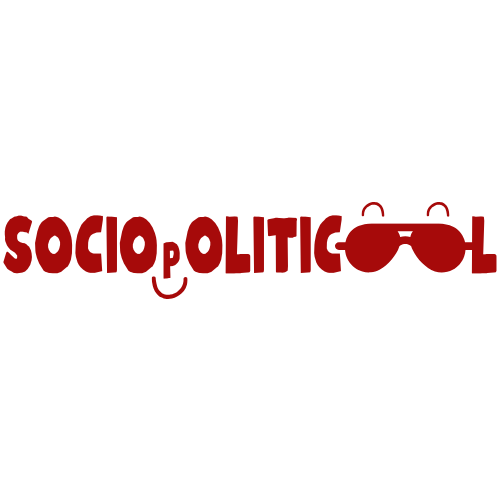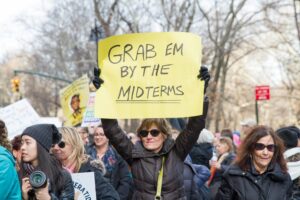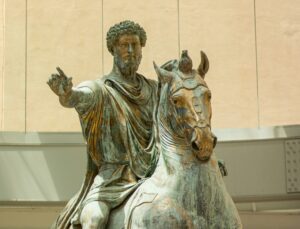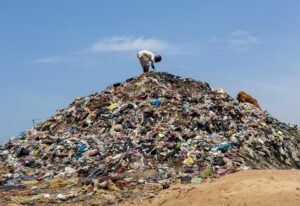“Why study political science when it will just stress me out, given that all that governments do is steal money from people?”
If you are doubtful of this path because of that, then that is valid because corruption really happens in the government. And it is stressful.
Some government officials abuse their power for personal gain, often due to weak laws, lack of accountability, and greed.
However, politics is about making decisions that benefit everyone, whether it be in the government, in families, or in friendships.
So, political science is about understanding what led them, those in the position of power, to decide on a particular solution or direction.
Power is involved because it answers “who gets what, when, and how.” But it doesn’t mean the decision-makers must have high positions.
If one can make decisions for others, even if they are broke, they have power.
Political Science Is the Science of Politics
Generally, political science looks at the process that takes place before a collective decision is made.
It is so that if it works out, or if it doesn’t work out, the decision-makers can point out what possibly caused it.
Let us look at how politics happen in different areas of society: governments, workplaces, and communities.
Politics in the Government
At the state level, politics is about understanding how power is gained, used, and maintained in government structures.
You will study constitutions, international relations, public policies, and how different governments function, among others.
So, you will understand how the Second World War brought Japan and the United States together despite being rivals at the time, why communism works in China but not in other countries, and more.
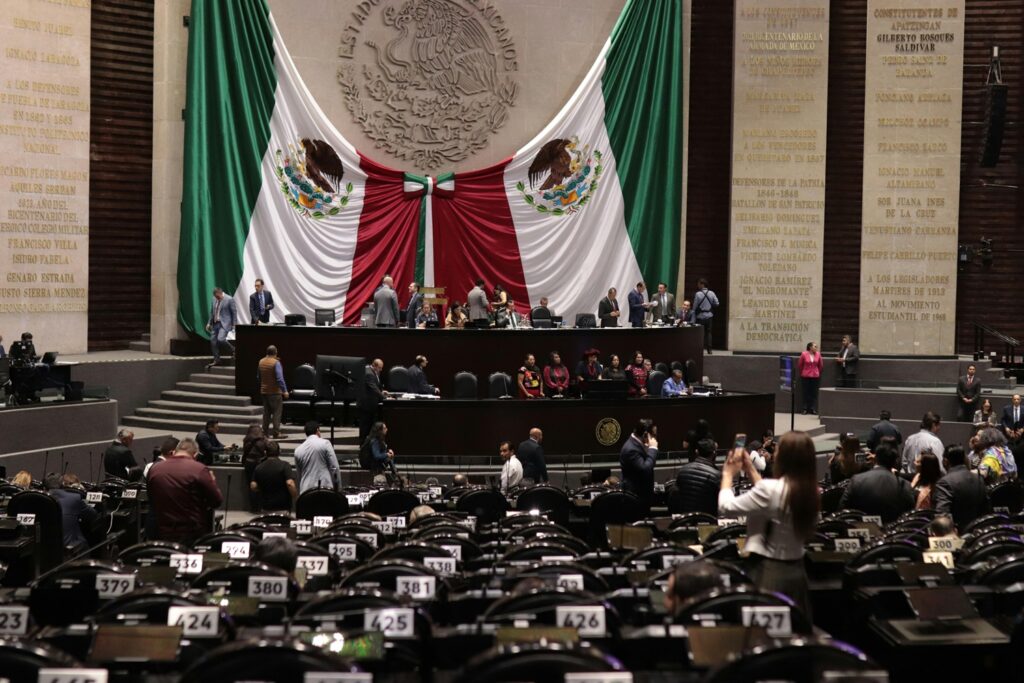
Politics in the Workplace
For sure, you know about office politics.
Promotions, leadership decisions, and company policies are often shaped by power dynamics, just like in national governments.
Many employees engage in office politics to gain recognition, secure promotions, protect their jobs, or increase their influence.
Even though it is not the focus of political science, you can use it to your advantage if you analyze the motivations of those who engage in it.
Whether you like it or not, it is not something you can opt out of. It exists in any workplace, so aim to be good at handling it.
Politics in Your Community
I had a local government subject in college, but I don’t know if your school’s curriculum includes it, or at least something similar.
Basically, what a local government does is similar to what the national government does, but on a smaller and limited scale.
So, politics in a community takes place in local governments, as well as school boards, neighborhood associations, and even families.
Why Study Political Science
Political science can be the best social science for those who are interested in the power that exists in any group.
Below are reasons why study political science.
You Get to Know the Society Where You Belong
In political science, you learn how societies are structured, what values shape them, and how citizens interact with those in power.
You may start to see the world in a new light, as you understand why public education exists, how people in slum areas survive, why there are more crimes in cities than in provinces, and many more.
You Learn Why Certain States Are More Powerful
Why does the United States have more influence on global politics than, say, a smaller country like the Philippines?
Countries with stronger economies, bigger militaries, advanced technology, and strategic alliances are more powerful.
Political science dives into questions like this. You will study international relations and learn about global power structures.
This doesn’t just help you understand global news but gives you a framework to evaluate international fairness and conflict resolution.
You Understand What Causes Social Movements
Have you ever wondered why people protest? Or how grassroots movements become powerful forces for change?
Many social movements rise because of public policies that create inequalities in society, which were developed by political actors.
So, political science can provide insights into social, economic, and political conditions that lead people to rise up.
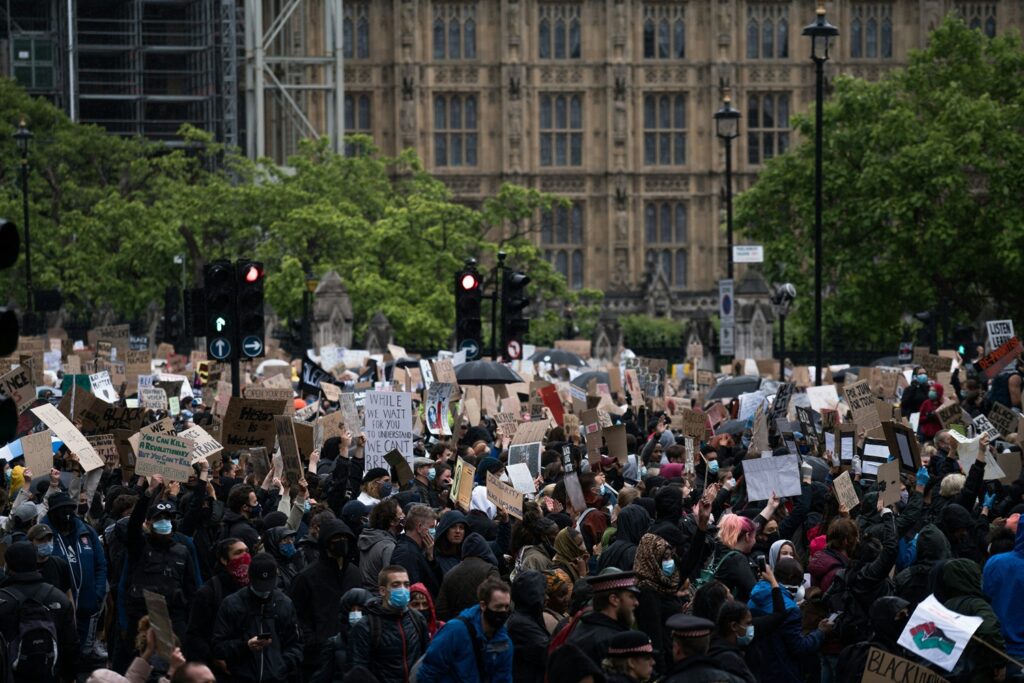
You Become a Critical Thinker
Political science teaches you to think critically about what you read, see, and hear. Why? Because professors will ask you to explain it in class.
Critical thinking is so important professionally, which is why almost everyone includes it as a soft skill in their resume, even if they are incapable of it.
It is a higher-order thinking skill!
Your Knowledge of Current Events Helps You Make Better Decisions
When you study political science, suddenly, political headlines, policy changes, and global conflicts make sense.
You might be surprised, too, that you are not bored reading the news. So, you will read more of it, and then you will have increased awareness.
It makes you a better person because you make informed choices that align with your values and benefit others, not only you.
You Learn How Laws Are Made and Executed
Political science studies the branches of government. In a democracy, those are the legislative, executive, and judiciary.
In any type of democracy, there are always executive, legislative, and judiciary functions, although how they are organized and balanced depend on the country’s system.
You will learn how courts function, how constitutions are structured, how legislative processes work, and who is in charge of those tasks.
This gives you an advantage in legal studies. And that was my reasoning when I was interviewed for a legal assistant position in 2018.
Careers for Political Science Graduates
So, what is in it for you after finishing a degree in political science? Here are some possible career paths for political science graduates.
Public Service
Political science graduates often find roles in local, regional, or national government agencies. Passing the civil service exam may be required.
You could help government officials create policies, manage community programs, or do administrative tasks to support the team.
Political Advisor
All politicians have a team of advisors. Political science graduates are ideal for the job because they understand politics well.
As a political advisor, you may help them craft messages, strategize campaigns, analyze voter data, or advise on policy issues.
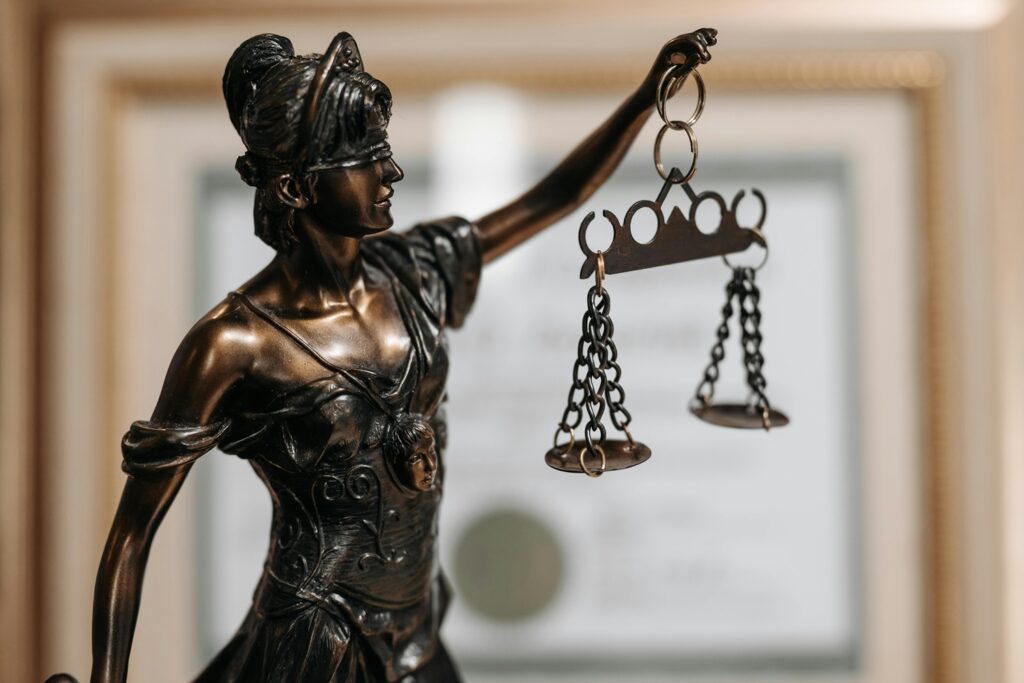
Lawyer
Many of those who study political science pursue law because they already have a solid foundation, given that they know how laws are made.
But note that if you think that readings in political science are overwhelming, you will read triple that amount in law school. Can you survive?
Researcher
Political science has many research subjects. I checked my college transcript of records, and I had a total of seven!
I don’t know how many are in your curriculum, but you will develop research skills whether you like it or not.
If you want to be a researcher, you will analyze trends in public opinion, policy effectiveness, governance, and more.
Your work will guide decisions at high levels.
Political Analyst
Political analysts study patterns and provide insights on issues like political movements, electoral outcomes, and political behavior, among others.
You could work for a government agency or a private firm. Your critical thinking can help you simplify complex information for others.
Journalist
Journalists write about social issues, global conflicts, elections, governments, and other events that impact society as a whole.
Political science students can analyze sociopolitical issues and explain them clearly to the public.
So, if you want to pursue this path, don’t think that you need to finish a writing degree. Any social science degree can be a ticket to this field.
Although, of course, writing skills are necessary!
Professor
If you love learning and helping others learn, especially young people, becoming a political science university professor can be a fulfilling career.
The requirements depend on where you want to teach. In the Philippines, at least a master’s degree is required to teach undergraduate students.
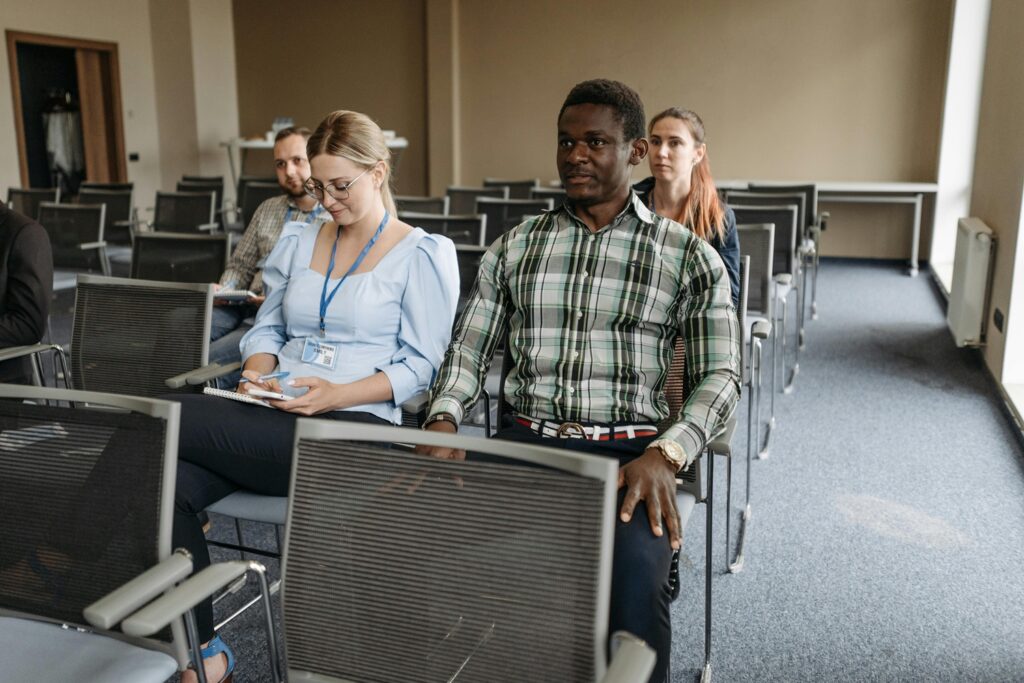
Expect a Lot of Reading in Political Science
Let me just warn you: Political science involves a lot of reading, some of which may be too technical for your brain.
You will read political theories, policy reports, case studies, textbooks, and news articles if the professor requires you to be socially aware.
But it is worth it, if you think that the degree and the skills you gain will be useful for your desired profession. If not, then it is not.
